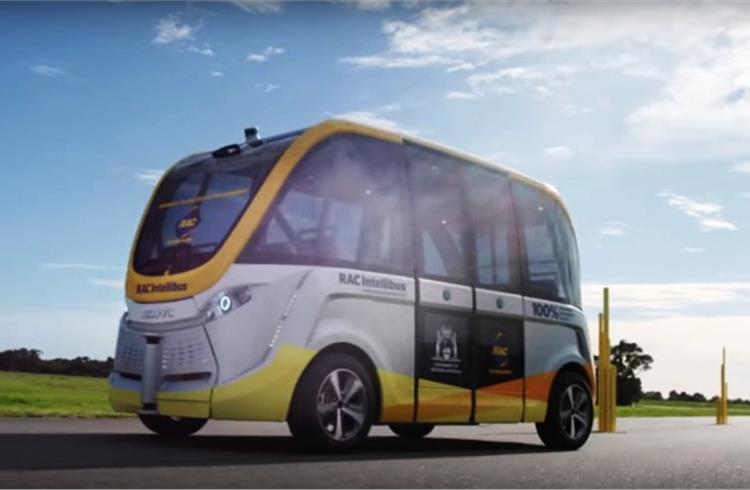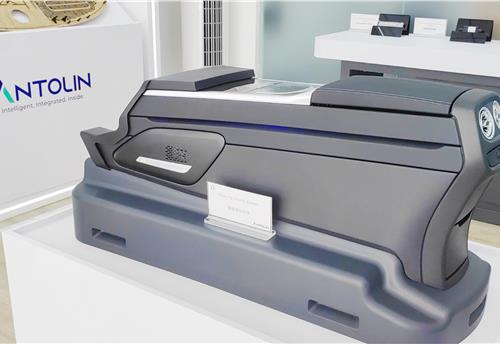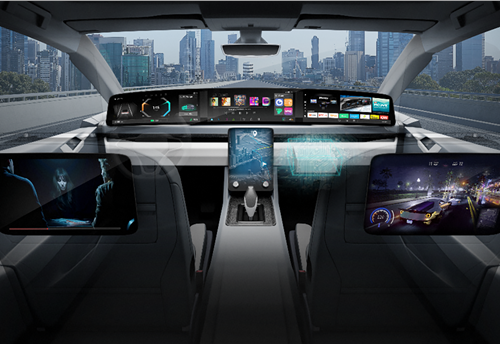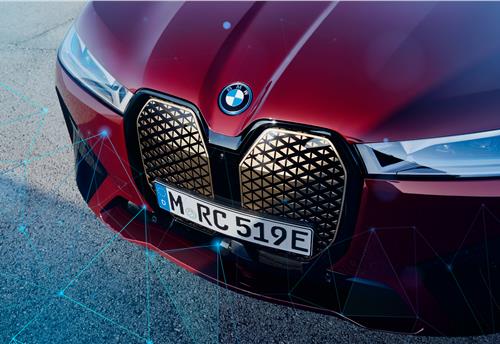Australia begins trial of its first driverless bus
The RAC Intellibus was purchased by the Royal Automobile Club of Western Australia (RAC WA) for AU$296,000 (Rs 1.45 crore) from French company Navya, and is the first fully autonomous vehicle to hit the country’s roads.
One of the world’s first trials of an autonomous, driverless bus is underway in the state capital of Western Australia, Perth.
The RAC Intellibus was purchased by the Royal Automobile Club of Western Australia (RAC WA) for AU$296,000 (Rs 1.45 crore) from French company Navya, and is the first fully autonomous vehicle to hit the country’s roads.
The 11-seater prototype vehicle has gone into service transporting passengers along the 2.7km promenade in South Perth, travelling at speeds of up to 25kph.
According to the newspaper The Australian, the fully-electric shuttle bus has six Light Detection and Ranging (Lidar) sensors, four 3D imaging cameras and a GPS system that allows it to pinpoint exactly where it is, as well as how far it has travelled based on its starting point.
While the Intellibus can operate without a driver, a human ‘chaperone’ travels on board to take control of the vehicle in an emergency. There are also buttons on board that will stop the vehicle immediately and can be operated by any passenger.
The Intellibus is not intended to replace conventional bus routes but has instead been designed to cover the final stretch of a journey.
Currently, seats on the Intellibus can only be pre-booked on the RAC WA website operating on a pre-scheduled service, and it doesn’t stop at bus stops.
The RAC WA’s Executive General Manager, Pat Walker, said, “The trial is to understand how we can safely transition autonomous vehicles into the transport mix on our public roads in Australia. The Intellibus is also a great opportunity for people with disabilities – visually impaired, older motorists and also younger children – to give them far more autonomy in terms of their mobility options.”
“The world and technology is moving rapidly and what we need to understand is how we can safely transition the new driverless technology into our mainstream transport networks.”
The RAC WA believes that fully autonomous vehicles will be on general sale in Australia by 2020.
You may like:
- China starts testing of Transit Elevated Bus
- How machine learning could be the key to an autonomous future
RELATED ARTICLES
Antolin unveils sustainable tech solutions at Beijing Motor Show
In line with its China market roadmap, Antolin is showcasing its latest advances in lighting, HMI, electronics, and sust...
Visteon wins $1.4 billion in new business in Q1 2024, launches 26 new products
Digitisation of vehicle cockpit megatrend is a key growth driver for Visteon with over $400 million of displays wins; Vi...
BMW uses Catena-X ecosystem using real-world CO2 data to enhance quality
Working together with partners and suppliers, the company has modelled a complete data chain for the first time using re...





 By Autocar Pro News Desk
By Autocar Pro News Desk
 23 Dec 2016
23 Dec 2016
 6617 Views
6617 Views









